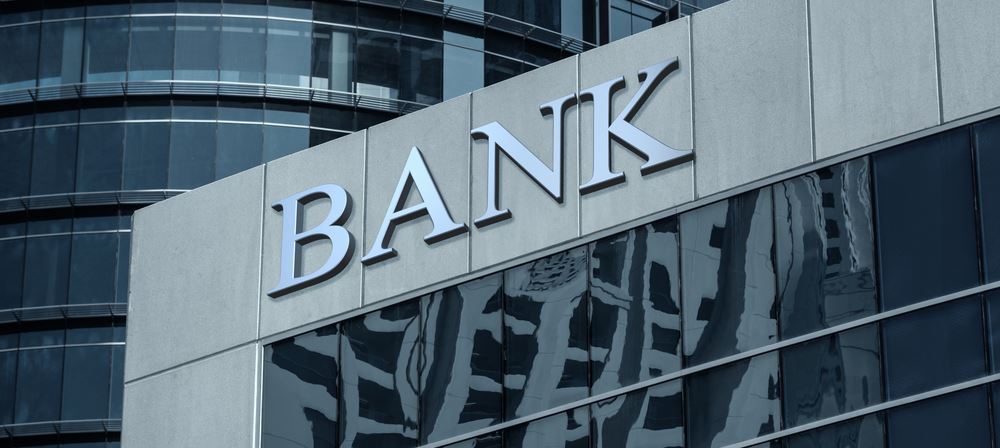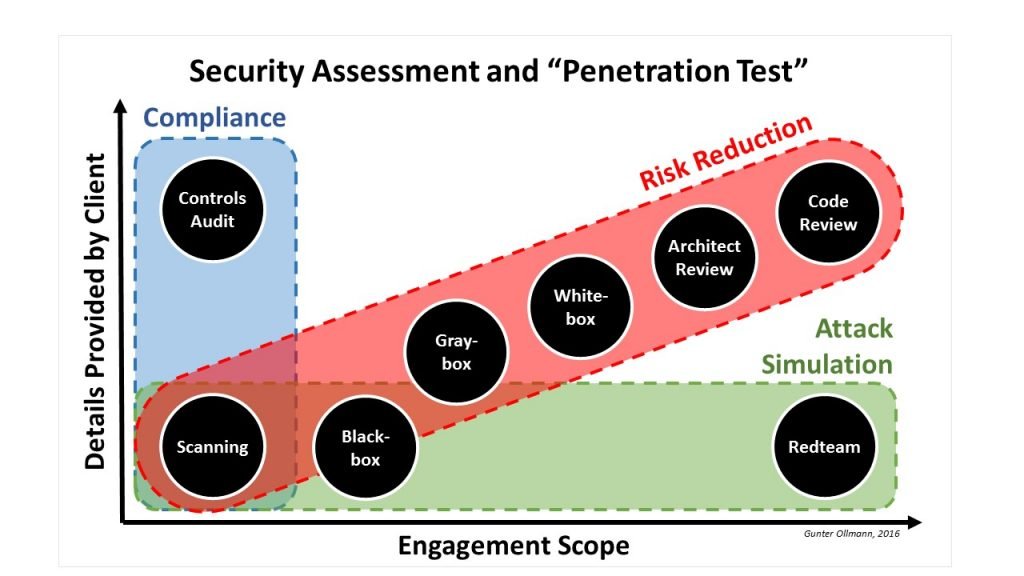Is conducting IT Audit necessary when you have adequate security controls in place?

The increasing number and sophisticated nature of cyber-crimes prevailing in industries worldwide. As governing bodies are stepping up to help organizations mitigate the prevailing attack techniques, it is to this day evident that no particular enterprise can be 100% immune to the stretching threat landscape. That said, businesses should be proactive in addressing potential threats and possible attacks and have an effective cybersecurity strategy in place. An IT security audit can be helpful in such scenarios.
It is for the same reason organizations should conduct audit assessments to determine whether their cybersecurity posture is up to scratch or whether the organization is meeting the requirements of security standards. Different assurance actions should be taken to assess gap analysis, risk assessment, and various IT tests, which are fundamentally important for continual security improvement and assurance for the organization.
What is an IT Security Audit?
IT Security Audit is an evaluation process that assesses an organization’s established security practices. It is a process that determines the effectiveness of the defence systems implemented against any threats to information systems and company assets. The IT Security Audit is a combination of vulnerability scans on business information systems, applications and processes, penetration testing, network assessments, and much more that help determines vulnerabilities and or entry points in the IT systems.
The audit covers the administrative processes, physical security (hardware), software application, and network assessment. This way, the evaluation process can help a company/organization gain an understanding of its current security posture.
Case scenario:
Even organizations that are low on the maturity scale have often implemented key controls that are necessary as the first line of defence. However, these organizations may not have planned their systems implementation and configurations with comprehensive identification and installation of cyber defence according to a formal and recognized framework.
For example, organizations may implement a firewall, IDS/IPS systems, and antivirus software, and might have conducted some user security awareness sessions about common cyber-attack techniques and making proper backups. Each of these practices, and related controls, serve an important purpose to protect information assets at any organization. However, the same organization may not have placed adequate attention to assuring that adequate firewall rules are implemented and updated regularly, antivirus software may not be installed on all workstations or may not contain the latest malicious signatures (i.e., unique and identifiable malicious code), users connecting with unmanaged devices on corporate company networks or end-users who are on leave may have missed security awareness training.
Why your organization needs regular Security Audits?
 An Information Security Audit is an evaluation process that helps organizations identify vulnerabilities and security risks in their IT Ecosystem. Risk exposure does not just impact the security of systems and Infrastructure but also affects the overall business operations. Information Security is not just about IT security, but also Information/Data security. Below are the reasons why we recommend regular Information Security audits for every organization to stay secure and compliant.
An Information Security Audit is an evaluation process that helps organizations identify vulnerabilities and security risks in their IT Ecosystem. Risk exposure does not just impact the security of systems and Infrastructure but also affects the overall business operations. Information Security is not just about IT security, but also Information/Data security. Below are the reasons why we recommend regular Information Security audits for every organization to stay secure and compliant.
1. Gain independent assurance on the Security Posture of information systems at the organization.
Through conducting audits, organizations gain clarity of their current security posture. Reports from the assessment will indicate whether or not the organization’s information systems security is effective against threats. The organization gains a better understanding of their internal and external IT practices and system. The report details a list of findings, highlighting areas of high risk, and recommended solutions on how to fix them. The report will further guide businesses to improve their security policies, procedures, controls, and practices.
2. Protect IT Systems & Infrastructure against Attacks
The assessment helps organizations identify weaknesses in systems and key processes and discover any potential entry points and security flaws that attackers may compromise to gain access to critical organizational systems and networks. The audit exercise helps keep a regular check on the effectiveness of security measures that in turn keep valuable data safe.
3. Audit Verifies Compliance
Regulatory and governing bodies from around the world have established strong security measures, requirements, and standards for businesses to adhere to, for protection against prevailing cybersecurity threats. Organizations are expected to ensure compliance with various standards and provide evidence for the same.
To this end, Information Security Audit will help organizations stay compliant. Conducting regular audits will help the organization determine whether or not they have adequate measures implemented to achieve compliance against various security standards and certifications. The audit gives the organization a direction towards implementing measures and achieving compliance. The Information Security Audit verifies whether the organization is compliant with standards and industry best practices set by the top regulatory bodies globally.
4. Evaluates the Security of Data Flow
Through Information Security Audit, organizations gain insight into the security of their critical and sensitive data both in transit and at rest. Audit keeps a check on the security of systems and networks but also ensures the security of business-critical data. Data is today an essential asset of any organization. Given the value that it holds, securing data is today every organization’s top priority. So, an audit assessment determines the effectiveness and security of the data flow throughout the organization.
Furthermore, the findings in the report help organizations lay the groundwork for any improvement or enforcement of security in the network. This helps establish strong security measures against attacks and data breaches.
Conclusion.
To this end, even when there are robust controls in place, the organization must regularly conduct (independent) audits to ensure these processes are well-designed, are executing properly, and are meeting senior management and business needs.






Responses